Is Indirect Feedback used in your organization?
Do you prefer this model when dealing with sensitive issues?
The model of indirect feedback is one of the feedback models that I have been asked to use throughout my career. Some executives actually prefer...
Get Started for FREE
Sign up with Facebook Sign up with X
I don't have a Facebook or a X account
 Your new post is loading... Your new post is loading...
 Your new post is loading... Your new post is loading...

Anne Egros's curator insight,
November 1, 2013 10:02 AM
Having a strong company culture certainly helps doing business globally by recognizing and promoting shared values across the organization and across borders. 
Don Cloud's curator insight,
November 4, 2013 10:22 AM
It should be obvious that building and reinforcing an organizational culture takes many people, and leaders at every level play a fundamental roll. That said, I think this article hits the nail on the head by emphasizing that culture is "something that we do" ... and not something that can be proceduralized -- it's more art and less science -- it's more indirect influence and less direct supervision -- it matters a lot but there's no shortcut to quickly creating a good culture. 
Miguel Paul Trijaud Calderón's curator insight,
June 10, 2014 5:10 AM
Daniel Goleman (2000) professes that leadership styles account for 70% of organizational climate or culture, which in turn leads to a 30% impact on organizational performance.

Henry Doss's comment,
August 6, 2013 8:44 AM
Nice to see this comment chain, and all the alignment around the value of "open" exchange. Clearly, Warren Zevon did have a lot to teach us about organizational science!

Stephane Bilodeau's curator insight,
August 10, 2013 9:14 AM
"You won’t find these functions described in job descriptions, nor will you find someone with a title like “risk-taker.” You won’t find these roles being incentivized, or formally evaluated or even recognized, as a rule. Like many aspects of an innovation culture, they happen – serendipitously – or they don’t. And because the roles are elusive and difficult to measure, they can go unappreciated and unnoticed. And then they gradually fade away.
But if you look hard in your organization, trust your own judgment, and use your best observational skills, you can find, nurture, and acknowledge these key individuals and keep their critical skill sets alive . . . and growing."

Maya Mathias's comment,
May 14, 2013 5:12 PM
Thanks for all the shares and comments! It was truly a joy to serve and I'm glad it resonates.

Denyse Drummond-Dunn's curator insight,
February 13, 2013 3:50 AM
Useful words and ideas for both leaders and non-leaders 
Renee Stuart's curator insight,
February 14, 2013 10:30 PM
Are you just hearing others or truly listening to others?

Andrew Spence's curator insight,
January 27, 2013 1:02 PM
Want an example of great HR - just Google it! |

Anne Egros's curator insight,
October 28, 2013 2:25 PM
Technology is spreading new ideas globally and so fast that knowledge is not anymore the advantage of leaders.
Knowledge is free but inspiring others comes with a cost: you must re-invent yourself to stay attuned with changes around you.
Never before, we have seen three generation of leaders in the same workplace. The 20-30 challenge up the 35-45 and the late baby boomers 50+ may not be able to satisfy the needs of those who are changing the world around them.
Making bad decisions? You may have become so arrogant and blinded by your past success that you don't have the humility to listen to your team members.
When is the last time you took time to think about your impact as a leader? Did you ask for feedback from bottom-up? Are you interested only in your own career advancement?
Asking questions is more powerful than giving answers, do you know how to mentor and coach others around you so they enjoy what they do and don't call it work? 
Menno Molendijk's curator insight,
October 30, 2013 4:30 AM
Stay in tune. With the people around you. And yourself.

Mike Doherty's curator insight,
August 16, 2013 11:09 AM
Have you tried a leadership program? Did it work for you?

John Michel's curator insight,
June 12, 2013 11:08 AM
The alternative to one-side-accountable, boss-administered/subordinate-received performance reviews is two-side, reciprocally accountable, performance previews.

Richard Hart's curator insight,
January 31, 2013 10:13 AM
Research such as this breathes new life into the leadership truisms we all know, but sometimes fail to attend to in the midst of our busy lives |




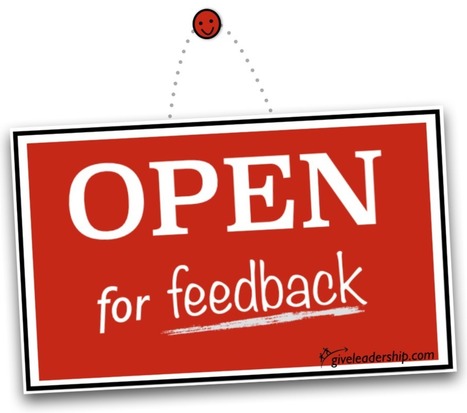

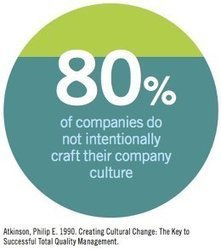
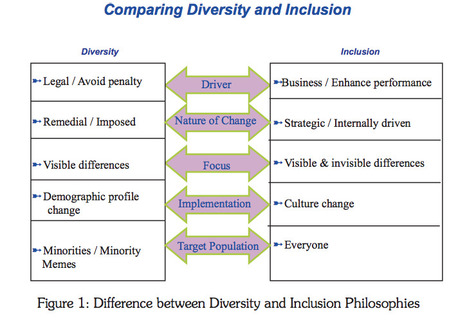

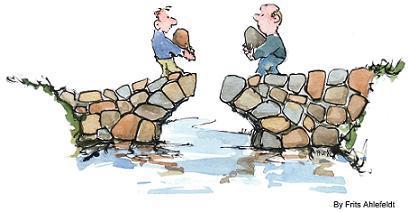


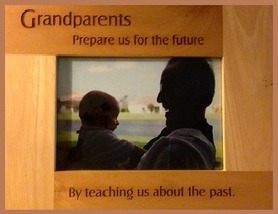

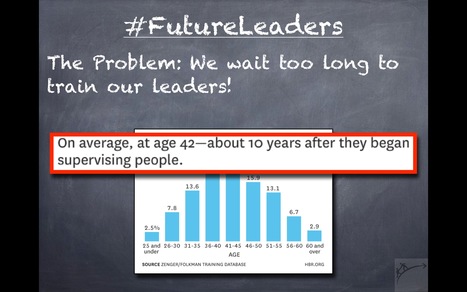

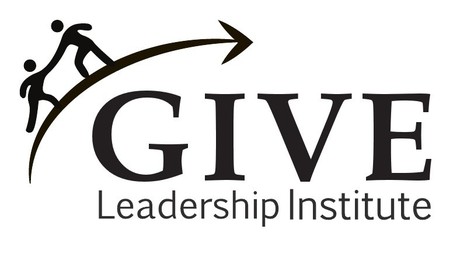








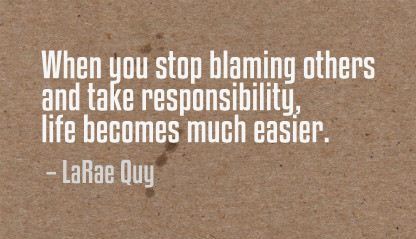

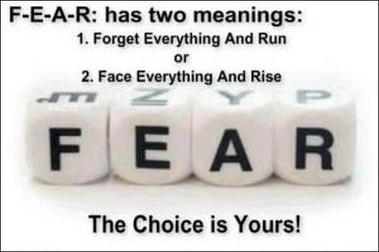
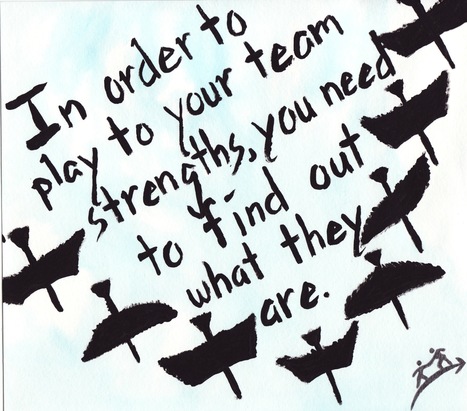











Leadership and branding expert, Lisa Manyoky joined me on #HealthyLeadership to explore the Tyranny of Indirect Feedback and how to make the GIANT LEAP from diversity to inclusion by minimizing the use of this exclusionary model.
Of course, leadership starts with us, so we also talked about how we can all be open to feedback in order to welcome others to talk to us directly.
Check it out at: #HealthyLeadership